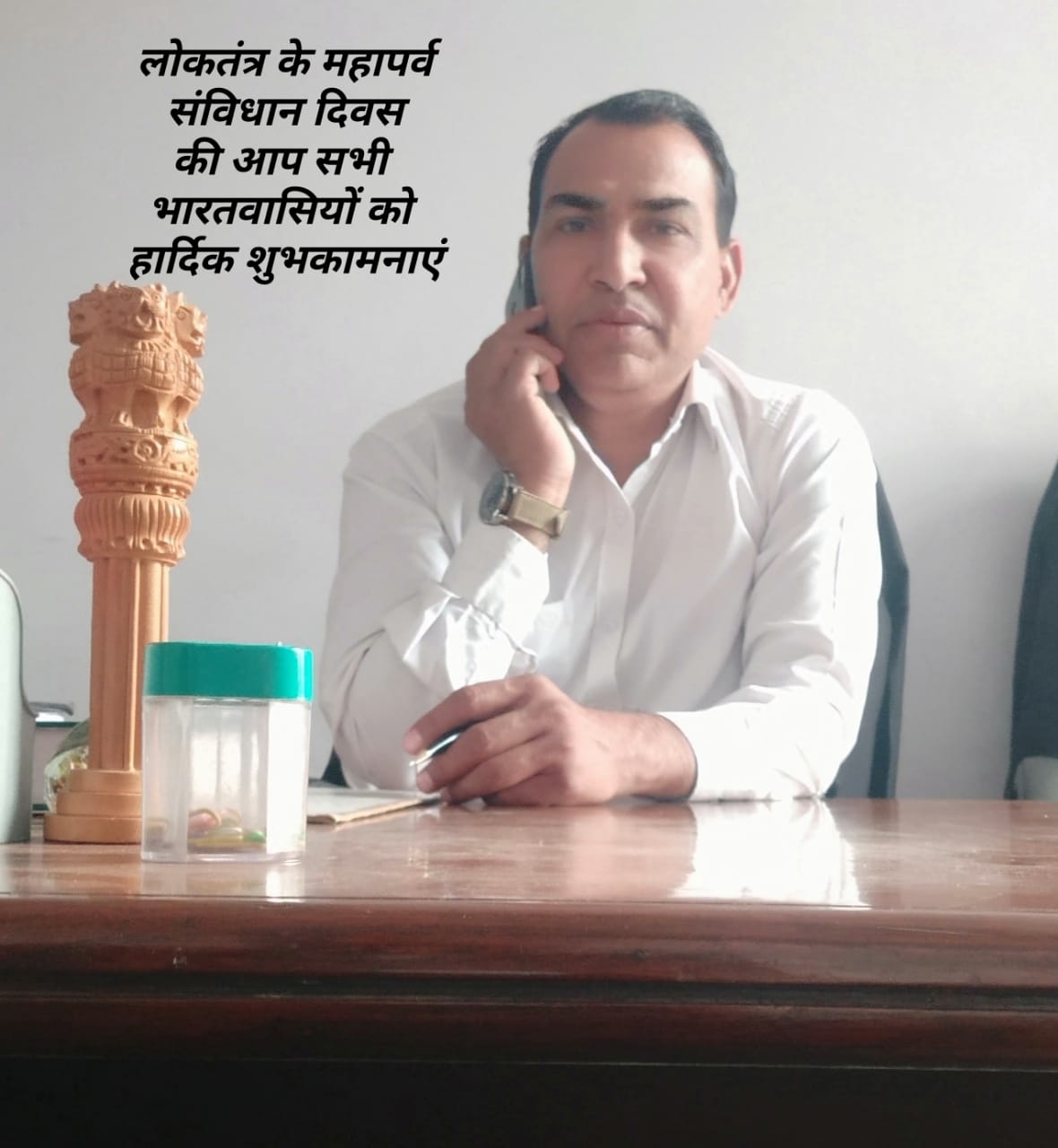Answer By law4u team
Banks and financial institutions are subject to various regulatory requirements to prevent fraud. These requirements may vary depending on the country or region, but some common measures include: Know Your Customer (KYC) requirements: Banks and financial institutions are required to verify the identity of their customers and assess their risk profile to prevent money laundering and terrorist financing. Anti-Money Laundering (AML) regulations: AML regulations require banks and financial institutions to implement policies, procedures, and controls to detect and prevent money laundering and terrorist financing. Fraud detection and prevention measures: Banks and financial institutions are required to implement measures to detect and prevent fraud, such as transaction monitoring, fraud analytics, and anti-fraud training for employees. Data protection and privacy laws: Banks and financial institutions must comply with data protection and privacy laws to protect the personal information of their customers. Compliance management systems: Banks and financial institutions are required to implement compliance management systems to ensure that they comply with regulatory requirements and manage risks effectively. Reporting obligations: Banks and financial institutions are required to report suspicious activities and transactions to the relevant authorities, such as the Financial Crimes Enforcement Network (FinCEN) in the United States. Internal controls and audit requirements: Banks and financial institutions are required to have robust internal controls and audit processes to ensure that their operations are conducted in a safe and sound manner, and to identify and mitigate any fraud risks. Overall, banks and financial institutions are subject to a wide range of regulatory requirements to prevent fraud and ensure the safety and soundness of the financial system.









